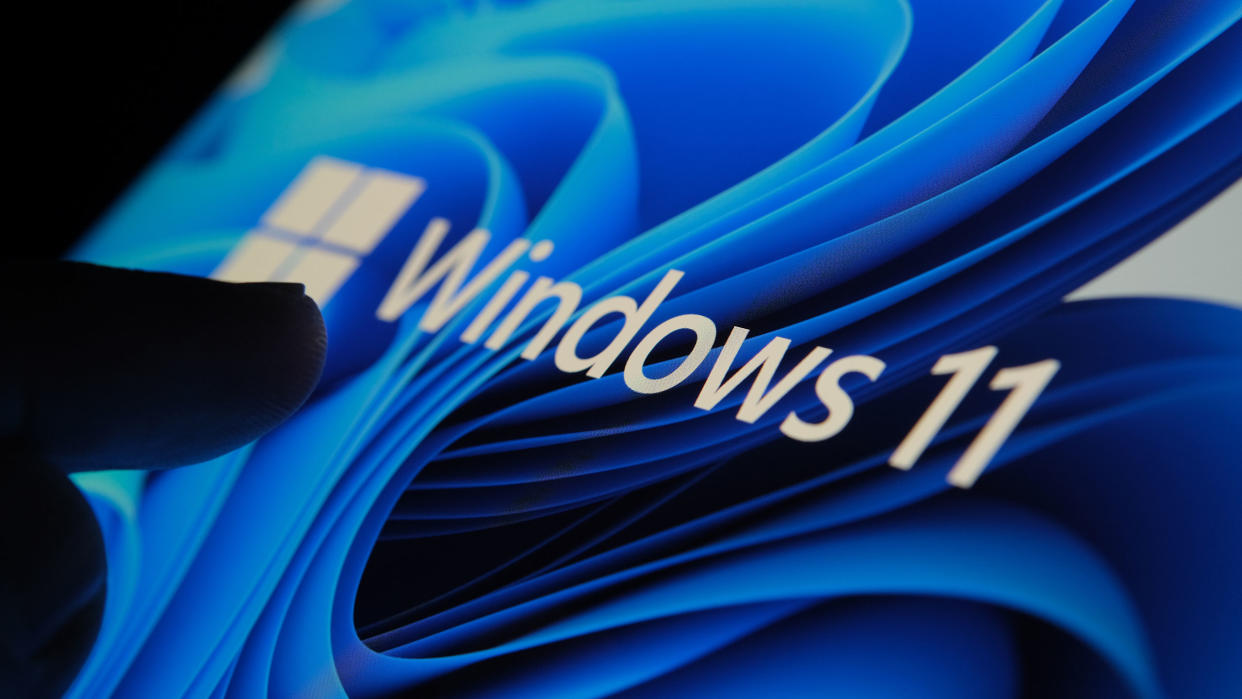Windows 10 Still More Popular Than Windows 11, Two Years Later

Windows 11 is still well behind its predecessor, Windows 10, in market share — even though Windows 11 launched two years ago. According to StatCounter, Windows 10 holds an impressive 71.64% of the world's total Windows-based operating system market share, while Windows 11 holds just 23.61%.
StatCounter's complete worldwide market share analysis includes all of Microsoft's Windows operating systems from the past two decades, including 11, 10, 7, 8/8.1, and XP. After Windows 10 and Windows 11, Windows 7 came in with 3.34% of the market, Windows 8.1 with 0.61%, Windows 8 with 0.35%, and Windows XP with 0.35%.
Even though Windows 11 is the second most popular Windows OS at the moment, it's safe to say that the Windows 11 adoption rate has not been as great as Windows 10's. Windows 10 had already gained 32.84% of the market share two years after its launch in 2015 — 10% more than Windows 11 has at its two-year mark.
Windows 11's lackluster market share is understandable given its mixed reception overall. At launch, the OS received a lot of criticism for its revamped start menu and taskbar, which lost some capabilities from Windows 10. It was highly criticized for its higher system requirements, which required systems to have a compatible TPM module to work — though there have been workarounds that for TPM-less machines.
Windows 11 now has more features than Windows 10 — including Microsoft's new AI co-pilot, as well as widgets and full DirectStorage support — many people still prefer Windows 10's older user interface. (Even our Editor-in-Chief, Avram Piltch, still prefers Windows 10 on his main machine, due to its smaller, more customizable start menu and simpler context menu.)
On top of this, Windows 11's taskbar is still missing several capabilities Windows 10's taskbar had, such as the ability to show the application name with the application icon, the ability to move the taskbar to a different part of the screen.
Windows 11 might have a slow adoption rate, but it will inevitably overtake Windows 10 at some point in the future (as long as Windows 12 doesn't come too soon). But its slow adoption rate is a sign that people haven't grown quite as accustomed to the OS' new interface as they did with Windows 10, similar to how people felt about Windows 8.

